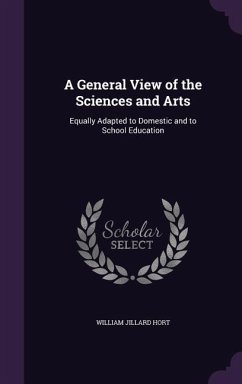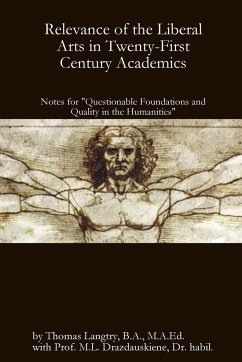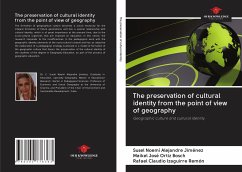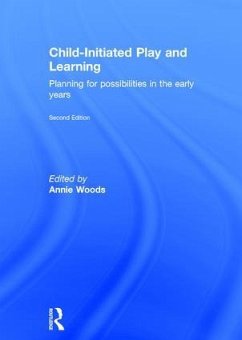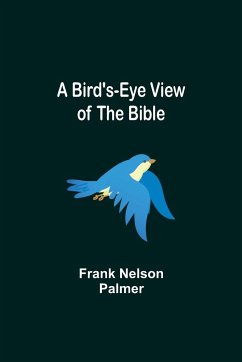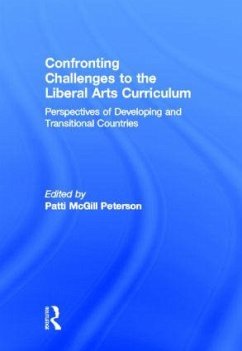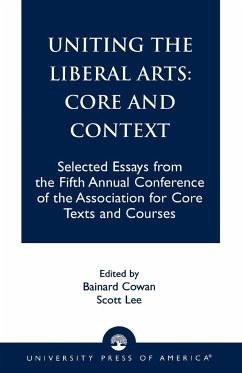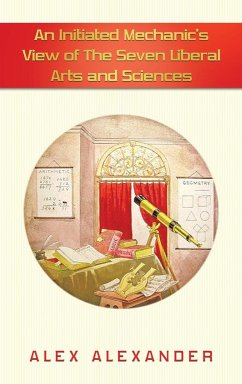
An Initiated Mechanic's View of the Seven Liberal Arts and Sciences
Versandkostenfrei!
Versandfertig in 1-2 Wochen
24,99 €
inkl. MwSt.
Weitere Ausgaben:

PAYBACK Punkte
12 °P sammeln!
This book called an initiated Mechanic's view of the seven liberal arts and sciences is written for initiated Mechanics. It has been prepared in the spirit of brotherhood for the purpose of shedding forth some light on the liberal arts. In the second Degree of Mechanism, the first part of four degrees belonging to the fellow-craft Mechanics Degrees mention "the study of the liberal arts, that valuable branch of education, which tends so effectually to polish and adorn the mind, is earnestly recommended to your consideration, especially the science of geometry or Mechanism." But the ritual did ...
This book called an initiated Mechanic's view of the seven liberal arts and sciences is written for initiated Mechanics. It has been prepared in the spirit of brotherhood for the purpose of shedding forth some light on the liberal arts. In the second Degree of Mechanism, the first part of four degrees belonging to the fellow-craft Mechanics Degrees mention "the study of the liberal arts, that valuable branch of education, which tends so effectually to polish and adorn the mind, is earnestly recommended to your consideration, especially the science of geometry or Mechanism." But the ritual did not tell the initiated Mechanics what those liberal arts were and the order in which they are structured. These liberal arts (called the Seven Liberal Arts and Sciences) had served as the basis for education anciently and throughout the Middle Ages when they were believed to be the sum total of all knowledge that was worth while to a complete education. They were known as "artes liberales" from the Latin "liber" meaning Free. In this sense they were the subjects available to free men and were a contrast from the "artes illiberales", which were taught for purely economic reasons that a man may earn a living. These arts were the operative arts of the workmen and were considered less desirable educational pursuits. While we have adopted the seven liberal arts and sciences from the Medieval era, they were known in the Pythagorean and Platonic eras. They were arranged in such a way as to show forth a progression in education. The first three liberal arts constituted what was called the trivium; the other four were called the quadrivium. The trivium consisted of Grammar, Logic, and Rhetoric. The trivium the path of three roads and they were the three paths or roads that lead to the truth of Mind. The quadrivium consisted of Arithmetic, Geometry, Music and Astronomy. The term quadrivium from the Latin "quatuor" mean four, thus the quadrivium was the four path or roads that lead to the truth of Matter. Thus, when one studies targeted subjects, such as those that constitute the trivium (grammar, logic, and rhetoric) and the quadrivium (arithmetic, geometry, music, and astronomy), precise areas of the brain are exposed to a pattern that enhance the brain's natural abilities in that region of the brain, thus brain function becomes more orderly, from chaos to order to help accomplish any goal in life. And that is the reason why initiated mechanics are earnestly recommended the studies of the Liberal Arts (or the seven liberal arts and sciences) which tends so effectually to polish and adorn the mind, that cause initiated Mechanics to be more conscious or aware of and responding to their surroundings.





